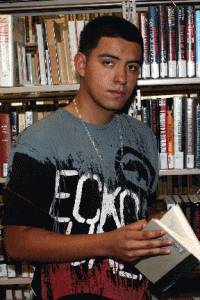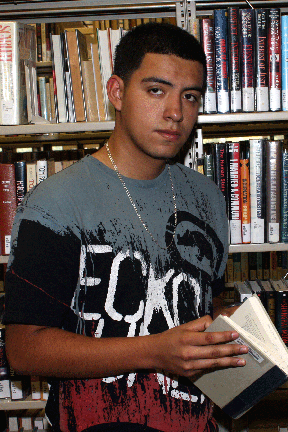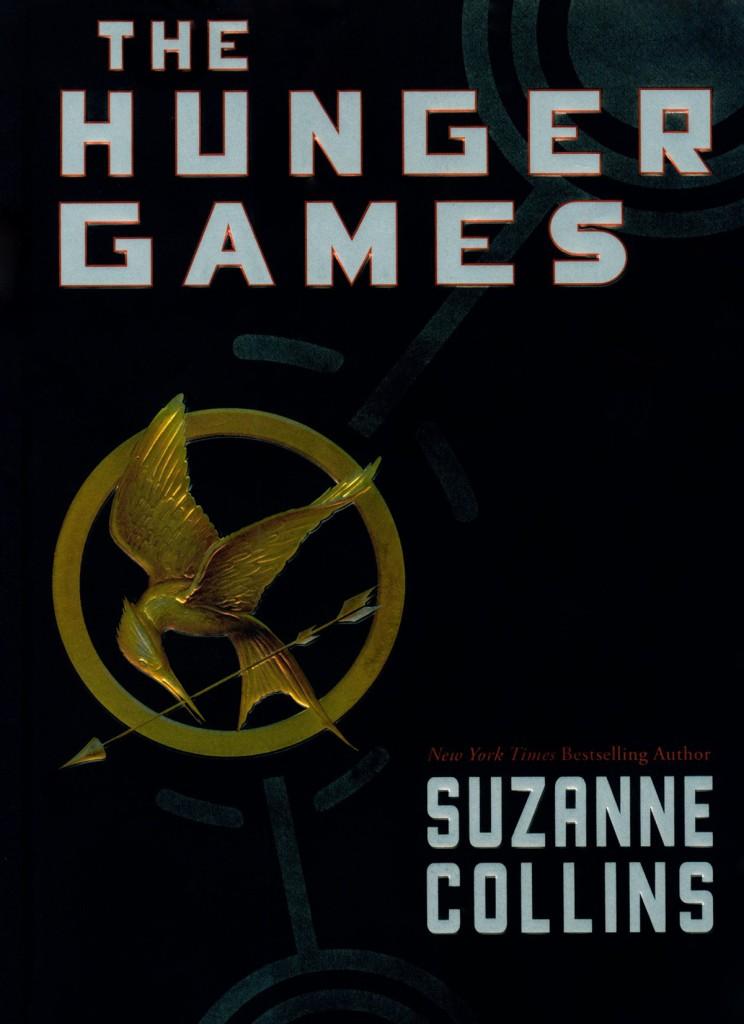
By Mona Lisa Tucker/south news editor
Accelerated Summer Bridge programs on South and NE campuses equipped recent at-risk high school graduates with the tools to become college-ready, sponsors said.
South’s five-week program, which ran June 6–July 7, focused on helping students obtain a high score on the Accuplacer to avoid taking developmental courses, said South health and science dean Linda Braddy.
NE Campus held its first Summer Bridge Program June 13-July 7 and July 25-Aug. 18, said NE humanities dean Antonio Howell.
The program was funded by a Texas Higher Education Coordinating Board grant and was part of a collaboration between continuing education and humanities, Howell said.
“We had someone in continuing education, his name is Harry Johnson, and he is wonderful. He really, really helped us to get this going,” he said.
Johnson, the NE Campus program coordinator, was assigned to the project to find instructors to build the marketing piece and oversee the execution of the classes, he said.
The people at the testing center provided him with the names of students who could benefit from the program based on their test scores, Johnson said.
“It was from the ground up. There was no bridge program prior to this summer,” he said. “Awareness is the primary hurdle to jump for this program. It was free.”
The students received free instruction, free resources and free access to the PLATO computer system from the classrooms and their homes, he said.
By the end of summer, 93 NE students were tested in all three subjects: reading, writing and math, Johnson said. Overall, 32 percent skipped developmental and went into college-ready courses, he said.
“It was a team effort at all levels to make this succeed,” Johnson said.
Howell said the grant funded students’ tuitions as well as salaries for teachers.
“We are encouraged that a number of students made it across developmental, and we are encouraged that even if they did not make it across from developmental to college-level courses, they improved in reading, writing and math,” Howell said.
Although the initial cost of the two sessions on South was $50 each including textbooks, its program also gave students the chance to earn as they learned because of additional grant funding, Braddy said.
“If they didn’t get incentives and had to pay $50 for the morning and $50 for the afternoon, they would save $150 for each class they skipped,” she said.
English instructor Nancy McKenzie along with Dr. Ruth McAdams, English professor, taught reading comprehension, vocabulary lessons, short stories and anthology to help the students think in an English literature type of way, McKenzie said.
The teachers were impressed with this group of students because they arrived at the 8 a.m. class on time even though they had just graduated that weekend, McKenzie said.
By the second week, they found the students lacked vital organizational skills so tabs and folders were ordered, she said.
“Sometimes you need to step back and take things very step by step and don’t think that they know everything that they really do need to know, simple things like how to organize a notebook,” she said.
David Gustafson, assistant professor of mathematics, was one of five teachers who worked with 13 students who were looking to improve on their math abilities, he said.
They were taught different forms of mathematics, fractions and algebra. At the end of the week, they usually had a math contest where students received Sonic gift cards, Gustafson said.
Mathematics assistant professor Cathy Haley said almost all of the students went up at least one level. Three students went up two levels, and one was placed into a credited college algebra class, she said.
“We didn’t have all that many students, but I felt like it was successful and we learned a lot, and I think it’s worthwhile to do it again,” she said.
Natalie Johnson, mathematics associate professor, coordinated the service learning project. She met with eight students every Friday for three hours at the Southwest Nursing Rehabilitation Center.
“At first, the students were frightened of the residents until I showed them how to interact with them,” she said. “By the second week, they were comfortable and leading activities.”
Students read to the blind, played balloon volleyball and a Wii game with some residents, helped develop a documentary and just sat and talked to residents, Johnson said.
Eight students successfully completed this portion of the program, she said.
“It really impacted the students, so now five of them are continuing to volunteer,” she said.
South student Angel Galarza took all three parts: reading, writing and math. He stayed all day and ended up exiting developmental for all three, McKenzie said.
“The teachers were always motivating us, telling us we could do it,” Galarza said.
Former bridge program students and sisters Marlen and Mayra Gonzalez took and passed all three parts last year.
“It helped us get used to college. It helped us to know what it was going to be like in college,” Marlen Gonzalez said.



























